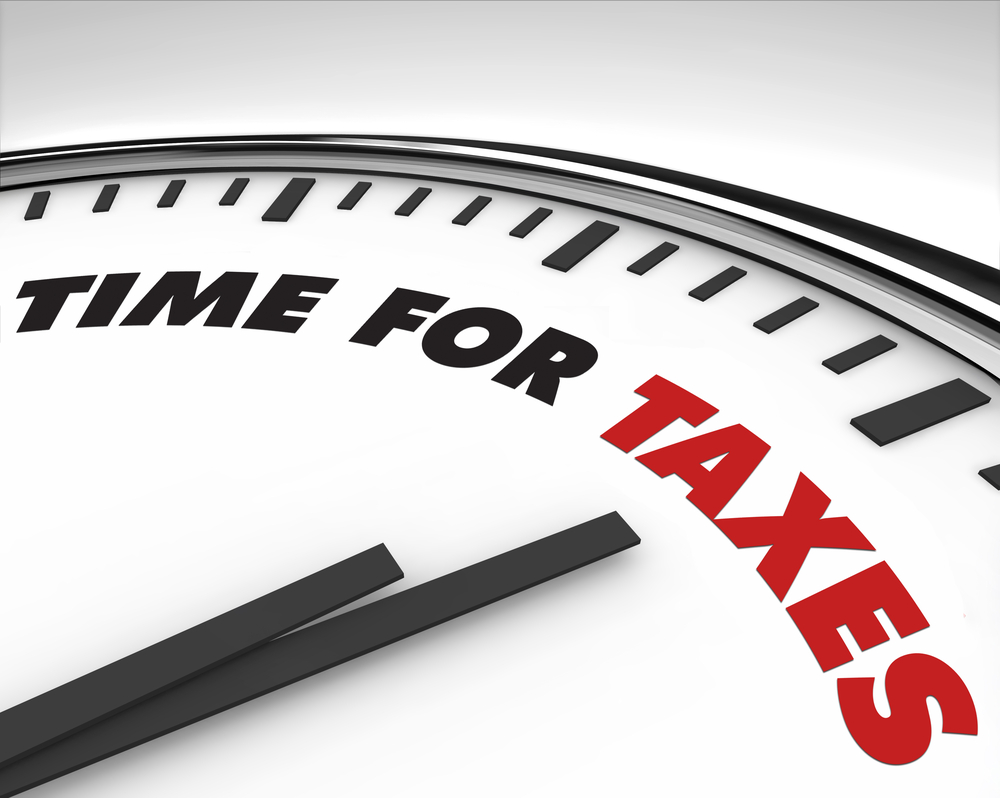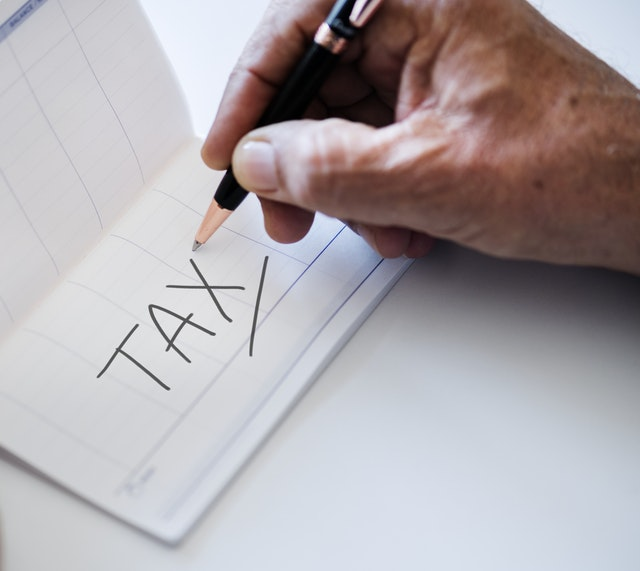-

-
Published on
08/06/2018
by Any Business.Com.Au
If your business has changed, so have your tax obligations
As your business continues to grow and develop, so might your tax obligations. You may have progressed from being a sole trader to working in partnership with another person or taken the step to become your own company.
Each business decision you make can affect the tax obligations you have year on year and with the EOFY just weeks away, we thought now would be a good time to run you through the different types of tax and how they may apply to you and your business.
Your business needs to lodge a tax return each year, even if you record a loss or don't meet the tax threshold. When lodging your return to the Australian Taxation Office (ATO), you should be aware of the different rules that apply to your business structure.
• Sole trader: Lodge an individual tax return. Include all your business income on your individual tax return using a separate business schedule. You don't need to lodge a separate tax return for your business.
• Partnership: A partnership has its own tax file number but doesn't pay income tax on the profit it earns. Each partner reports their share of the partnership income in their own tax return. A partnership must also lodge a separate partnership return yearly with the ATO under the business tax file number (TFN).
• Company: A company is a separate legal entity and must lodge its own company tax return and pay tax on its income. If you're a director, you'll still need to lodge your own personal return as an individual.
• Trust: A trust has its own TFN and must lodge a trust income tax return.
When does a Business Activity Statement (BAS) apply?
If you need to lodge a Business Activity Statement (BAS) the ATO will let you know. The BAS applies if you need to report your obligations for a range of taxes, including:
• Goods and Services Tax (GST)
• Luxury Car Tax
• Wine Equalisation Tax
• Pay As You Go (PAYG) Withholding and instalments
• Fringe Benefits Tax (FBT) instalments.
The ATO will send your activity statement about two weeks before the end of your reporting period. Complete and return the original by the due date, along with any payment due.
How to lodge your returns
Depending on how complex your business and taxes are, you may decide to lodge your own tax return or have a professional to lodge it for you.
If you use a tax or BAS agent, make sure they're registered with the Tax Practitioners Board (TPB).
Individuals and sole traders can use the ATO's myTax system to lodge tax returns online. You can read more about myTax on the ATO's lodge online page.
If you need to lodge your BAS, you can use the ATO's Business Portal or other online services to lodge it yourself or you can use a professional BAS agent.
When is my tax due?
Individual, sole trader, partnership and trust tax returns are due by 31 October each year, unless you lodge with a registered tax agent. Company returns are generally due by 28 February each year.
If you need to lodge a Business Activity Statement (BAS), the due dates are different and can be quarterly or monthly.
Paying your taxes
Paying your tax online is a fast, convenient and secure way to do business. The ATO offers a range of online services to make payment easier.
You can pay your tax by BPAY, direct credit or direct debit. You can also make mail payments or payments through your local post office.
Related articles


